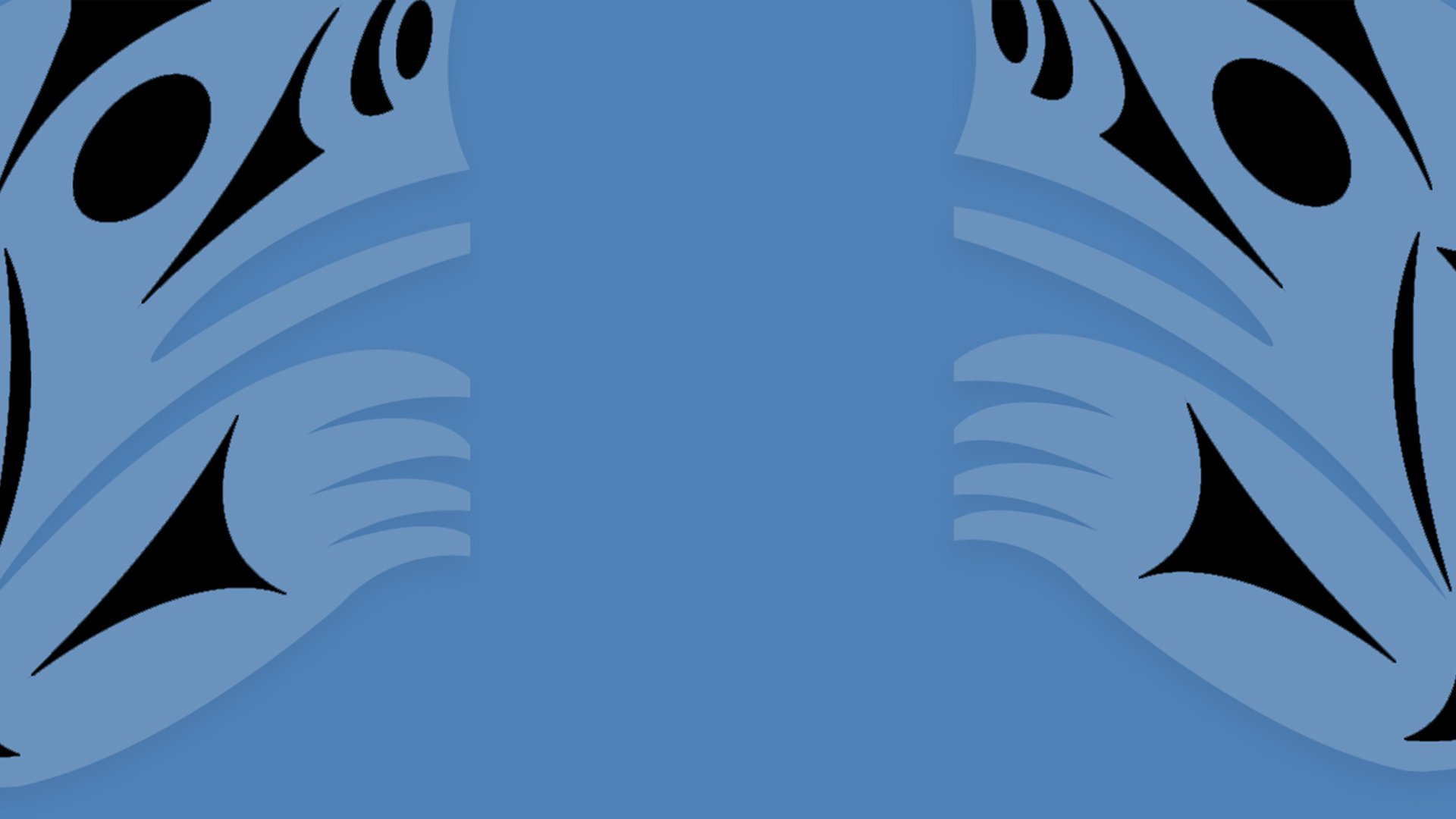
Our Values

Within our Draft Legislation, we have articulated a number of core values (known as our Guiding Principles) that have arisen from decades of extensive engagement with our communities and Nations. While we acknowledge that each of our Member Nations are unique; we believe that these are the foundational values that unite us all as South Island Indigenous peoples.
Within our Legislation, these values will inform how our law is interpreted and administered. To learn more about our Guiding Principles click here.
We also consider these values foundational in guiding the work of the South Island Indigenous Authority and those serving our children and families each and every day.
Children Are Sacred:
All that we do is for our Children, our Children’s Children, and those yet to come;
Children hold special gifts as they are closest to the spiritual world;
It is everyone’s responsibility to honor Children as gifts to their Family and Community, as they have chosen to stay here in this world; and
Children are the future of our Nations and our people—it will be their responsibility to carry our teachings to future generations.
Family is the Centre of Everything:
A Child’s best interests are promoted when a Child resides with members of their Family, and when kinship relationships are actively promoted;
To understand who they are, where they come from, and what they belong to, a Child must have opportunities for their Families to guide them in traditional practices and ways of being; and
Active efforts must be made to ensure that concerns regarding Child and Family safety and well-being are resolved within the Family.
It takes a community to raise a child:
Communities have an obligation to support Families in raising their Children;
it is the responsibility of every Community member to ensure the safety and well-being of Children in their Community; and
it is in a Child’s best interests to be in relationship with and be supported by their Community, no matter where they may reside.
We are all related/We are all one:
there is strength in the interconnectedness and close relationships between our Communities and Families on the Member Nations’ Territory; and
each Indigenous Person on our territory brings value to our Families, Communities, and territory.
Respect:
we acknowledge and respect Families, Elders, and ourselves, but most importantly we respect our Children;
a Child’s unique gifts and voice should be respected and considered in decision-making;
guests should learn and respect the laws and teachings of a Nation when residing on their territory; and
respect and other teachings can be learned through our relationships with the land and our more-than-human kin.
One Heart, One Mind:
we leave our differences at the door when we work together for the collective good of the Child, Family, and Community;
the process of working together to make a decision is just as important as the decision itself; and
collaboration and consensus-building processes are fundamental to all decision-making under this Law.
Blanketing/Lifting Someone Up:
when harm has occurred, it is important to wrap those involved in warmth, protection and the necessary supports to prevent further harm;
we acknowledge the importance of honoring milestones for Children, Youth, and Families within their healing and life journeys; and
blanketing someone reflects the love of our ancestors, who took it upon themselves to do this work to uplift our Children and Families.
Language:
languages contain laws, teachings, culture, spirituality, beliefs, and ancestral knowledge;
the transmission of languages is integral to cultural continuity;
a Child’s best interests are promoted when they have access to and the opportunity to learn their language; and
using the languages of the Member Nations enriches every process detailed under this Law.

